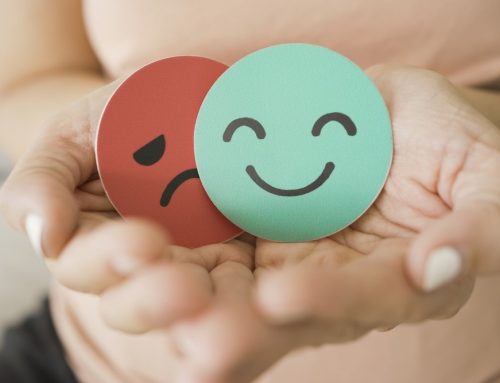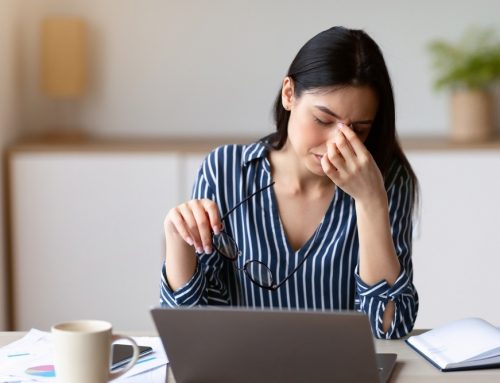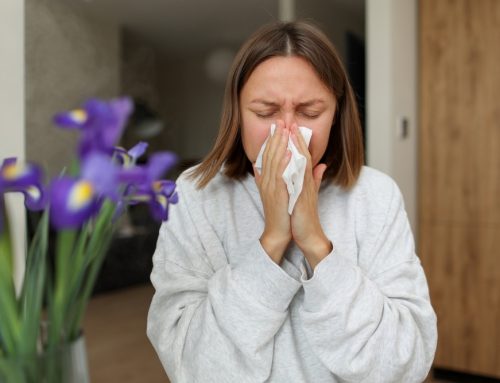A common misconception is that self-care equals self-indulgence, but it is essential to understand that it is not synonymous with being self-indulgent or being selfish. Self-care involves taking care of yourself to be healthy, be well, be able to do your job and at the same time help and care for others. Self-care enables you to do everything you want and need to accomplish in a day.
The number of Internet searches for self-care more than doubled in the last five years. With anxiety and depression on the rise since 2020, the need for self-care is evident because it helps with finding an answer to how we can all better cope with daily stressors, like work stress, the stress of trying to keep up with the pace of everyday life, the loneliness and the inability to unwind and slow down.
The accepted definition of self-care is taking steps to tend to your physical and emotional health needs to the best of your ability. In this blog, we explore the trend and look at what it can do for your long-term health.
Why Is Self-Care Critical for Your Well-Being?
We define self-care as all the things you do to take care of your physical and emotional health to the best of your ability.
Some people use it to maintain their happiness day to day, others to deal with difficult news stories, so it does not mean the same thing for everyone. A crucial self-care step is checking in with yourself and asking yourself how you’re doing and what your body needs. Your own definition might change over time, and different people frequently adopt different self-care practices.
There is one thing that is common for everyone, engaging in self-care regularly could help you react better to the things that go on in your life. The benefits of regular self-care are broad and have even been linked to positive health outcomes. They include reduced stress, improved immune system, increased productivity, and higher self-esteem.
Are There Different Types of Self-Care?
Experts say that self-care could be anything that makes you feel cared for and anything that puts a smile on your face.
Here are a few different categories of self-care:
- Self-care can be emotional. It includes self-talk, weekly bubble baths, saying “no” to things that cause unnecessary stress, permitting yourself to take a break, or putting a weekly coffee date with a friend on your schedule.
- Self-care can be physical. Things like prioritizing sleep, developing an exercise routine you are able to follow consistently, rejecting highly processed foods, and choosing healthy and nourishing ones are all examples of physical self-care.
- Self-care can be spiritual. Keeping a gratitude journal, attending a religious service, spending time in nature, meditating, or incorporating regular acts of kindness into your day can fill you up spiritually.
Self-Care Can be Temporary and Long-Term.
Going to dinner with a friend is an example of temporary self-care. The social connection will benefit you, but it won’t last very long after the dinner is over.
Long-term self-care, however, leads to chemical changes in your brain. It positively affects the gray matter concentrations in the brain areas. And it involves the parts of the brain involved with learning and memory processes, emotion regulation, self-referential processing, and perspective-taking. Interestingly, people enjoy the benefits of long-term self-care regardless if they are actively doing it or not.
What Things Count as Self-Care and What Don’t?
It is hard to say precisely what can be defined as self-care and what can not. Everyone’s definition is unique and different.
Selfcare is not just about filling up your calendar with costly luxurious experiences. Many researchers agree that self-care is something that brings you more sustained joy in the long run. Still, many examples of self-care seem to tread a fine line between a health-enhancing behavior and self-indulgence.
Let’s review a manicure or a massage, or any other pampering activity. Does it seem indulgent to you? The truth is that if the activity helps you de-stress and take some time for yourself, then it can be considered a type of self-care.
On the other hand, self-care does not have to cost anything. A lot of things people truly enjoy feel fulfilled from cost nothing. One of the greatest acts of self-care might be just stepping outside and taking a deep breath. A life hack is taking things you do every day and turning them into self-care rituals. That may include being more mindful of your thoughts on your daily commute or finding ways to make everyday tasks, like taking a shower, more enjoyable. Select a soap with a scent that you love and focus on the physical sensations of the shower. Explore daily chores like making your bed in the morning. Is there a way for making a bed feel like self-care? Find things that help you claim your day and give you a sense of accomplishment.
How Self-Care Affects Your Well-Being and Your Health
Research shows that things like exercise, yoga, and mindfulness are supportive of mental and physical health.
Longevity in the 21st century depends on embracing a positive lifestyle all around as well as abiding by healthy practices. The healthy practices are straightforward: exercising, not smoking, and following a healthy diet.
According to that knowledge, ask yourself what brings you satisfaction, and then find ways to get there.
Below are some self-care practices that have been linked to a longer life:
- Exercise is a type of self care. Exercising between two and eight hours per week consistently throughout life reduces the risk of dying by 29% to 36%.
- Finding Purpose is self care. Having a strong life purpose is associated with lower mortality rates.
- Diet is a type of self care. A consistent diet that includes five servings of fruit and vegetables per day is associated with heart health and lower mortality risk.
- Sleep is self care. Too much sleep is not healthy, but less than seven hours per night is linked with higher mortality rates.
- Getting Outside is self care. People who spend time in green space tend to live longer.
People who practice self-care regularly are more in tune with their own emotions and can more easily identify when they feel anxious or unbalanced. It is a valuable ability that enables people to perform better in their jobs, helps them be more mindful, and empowers them to combat burnout.
A Self-Care Routine Is Not Difficult to Start
Here are six steps that can help you get started.
- Figure out which activities restore your balance, replenish your energy and bring you joy.
- Choose one behavior and incorporate it into your weekly routine.
- Challenge yourself to practice that behavior every day for one week.
- Assess your feelings.
- Start practicing additional activities when ready.
- Share these practices with loved ones, a coach, or a licensed professional (like a therapist, naturopathic doctor, or dietitian). Get support through your healthcare plan, community, or workplace. You don’t have to change your entire life to start practicing self-care. Below are a few ideas that could get you started:
- Keep a journal.
- At the end of each day, take five minutes and pay attention to your breath. Set your intentions for the day.
- Eat a fulfilling breakfast.
- Before going to bed, reflect on what you’re grateful for.
- Turn off your phone for a half-hour each night and release yourself from the flurry of notifications.
- Call a friend to say hello.
- Take up a relaxing hobby.
- Stick to a specific bedtime every day.
If you feel demoralized or sad while reading this blog from challenges mounting or establishing a self-care practice, it’s best to get help and support. Some barriers from past trauma, mental health issues, or family situations may make it more challenging to get started to care for yourself. Trusted counselors, behavioral health providers (like therapists), a trusted primary care doctor, or a close friend could provide support.
The conclusion is that self-care requires a commitment or intention to invest in your well-being. It can positively affect your health and outlook, and it tends to be well worth the time and any money you spend. If you’d like a naturopathic doctor to help you, you can contact Dr. Brandy McGill for an appointment directly on our website.






